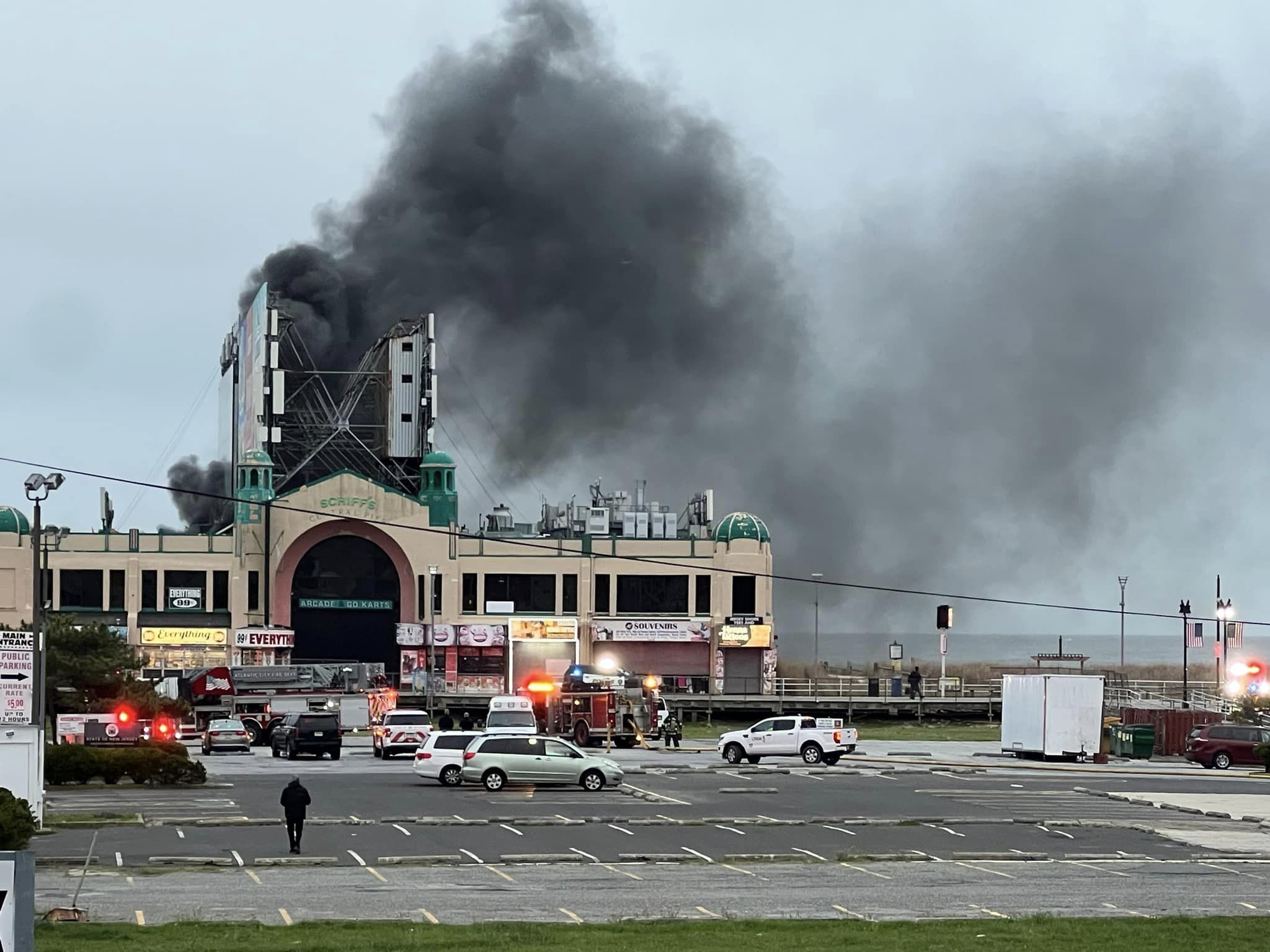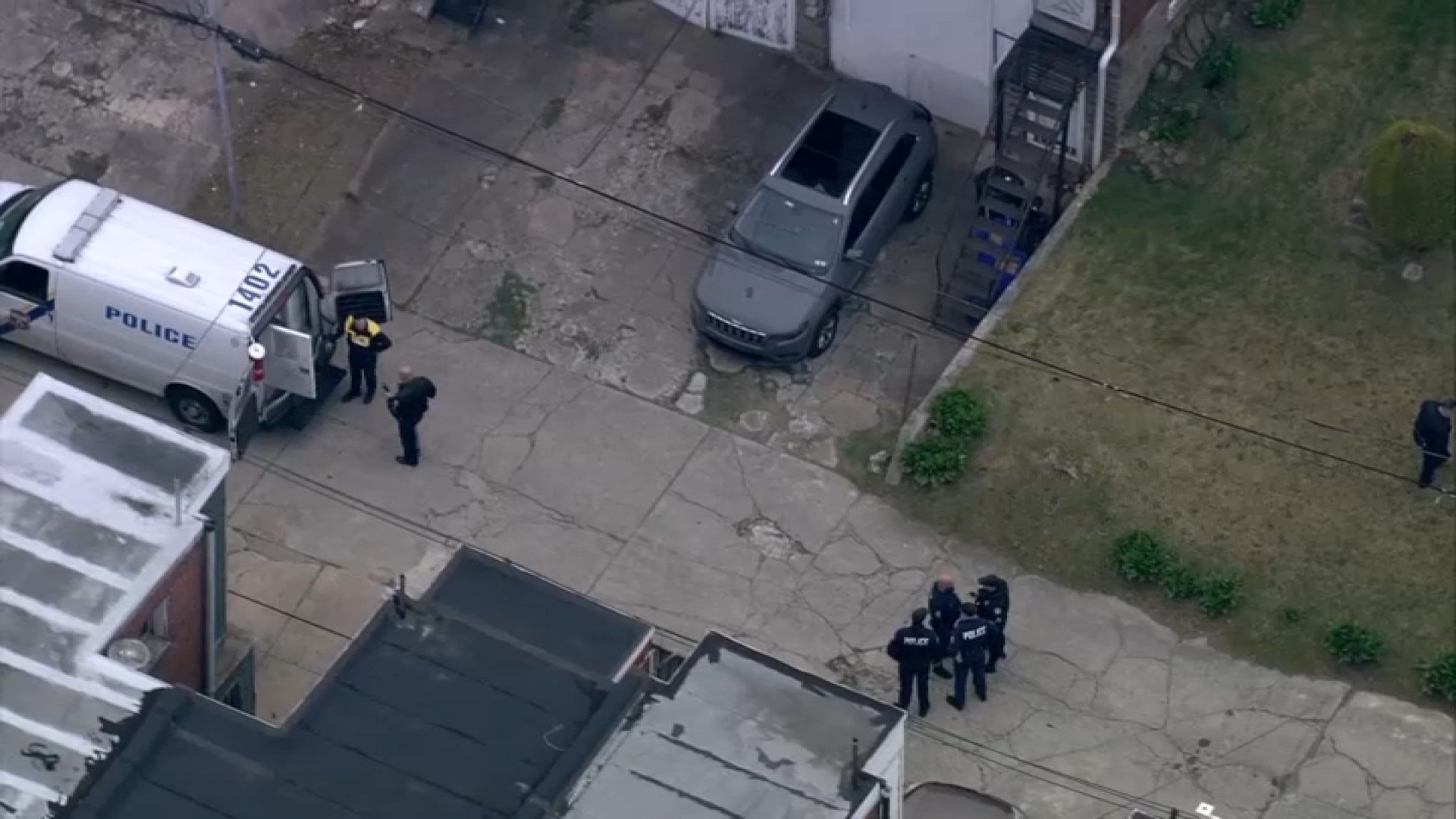“The amount of plastics we produce every year is enough to wrap the planet in Saran Wrap four times over and over 90% of post consumer plastics are not being recycled,” begins Miranda Wang as she starts to tell the story of how a high school science project catapulted her from curious student to CEO of BioCellection -- an innovative bio-engineering company poised to help solve the global plastic crisis.
We met Wang, a petite 22-year-old inside her home away from home -- the University of Pennsylvania’s Chemical Biomolecular Engineering Lab. Everyone in the room perked up as she walked in and introduced herself, wearing jeans, a t-shirt and sneakers. Wang's smile and positive demeanor put everyone at ease. She seemed unfazed by juggling her final week of school with the attention and time her start-up now needs.
Wang and BioCellection co-founder Jeanny Yao were best friends during high school in Vancouver, Canada. A field trip to a waste treatment plant during their junior year prompted them to try to find a solution to plastic pollution and the growing global crisis that is affecting people and ocean wildlife.
“When I thought about the problem, it seemed very strange that when you eat an apple, and you throw away an apple core, and that apple core rots away, that’s not called littering; that’s called composting,” Wang said. “But, when you take a plastic bottle or bag and you throw it away, that’s polluting.”
Hungry for answers, Miranda and Jeanny read as much as they could about plastic pollution and reached out to professionals for guidance on their project. They collected samples of bacteria found in the Fraser River, which runs through British Columbia, and discovered a bacteria that could break down the chemicals used in plastics, called phthalates. The discovery led to many awards and a coveted TED talk invite in 2013.
While scientific discovery remains the basis of the company, the business model has changed. Along with bio-engineering bacteria to break down plastic much faster, Wang's team also developed a technique that can upcycle the leftover product into materials for textiles.
Looking to the future, the BioCellection team are focusing on making the company as marketable as possible. Most recently, BioCellection won the $30,000 Perlman Grand Prize at the University of Pennsylvania’s Wharton Business Plan Competition -- the first undergraduate project to ever win the award. They also walked away with four other prizes and a total of almost $90,000.
Local
Breaking news and the stories that matter to your neighborhood.
“I don’t think anyone could imagine getting that far in a competition like this because you don’t really know who you’re up against,” Wang said, seemingly still in awe by the team’s win. “We’re really, really grateful that we entered because this is a great learning experience.”
What started as a simple concern for the environment has turned into a business with the potential to be worth over $100 million in the next five years. Starting in June, BioCellection will operate full time in the San Jose BioCube Incubator, which will also reunite Chief Executive Officer, Wang and Yao who is the company's Chief Technology Officer. The two have been growing their work into a business from separate coasts. Wang said she never thought their high school idea would lead to a major discovery that could help eliminate plastic pollution.
“But, one thing that’s been unchanged throughout this process is that we had a few very strong beliefs that we still hold to be true today,” Wang said. “... I think from the beginning we’ve always felt there is enough intelligence and knowledge in this world, through science, that we can solve these major problems, and plastic pollution was one of them.”



